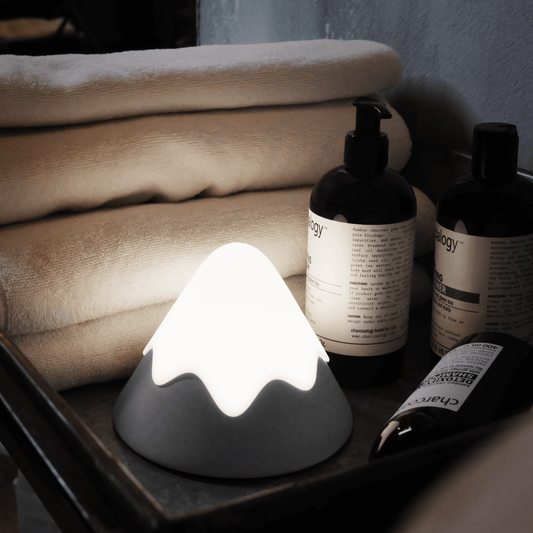Sharing a bed with someone you love can be wonderful – until the nightly snore concert begins. Snoring is incredibly common, ranging from gentle purrs to full-blown foghorns. It can sometimes be linked to obstructive sleep apnoea (OSA) or other health issues, but often it’s just one of life’s noisy quirks. The real challenge? Both the snorer and their partner can lose out on much-needed rest.
The World Health Organization (WHO) reminds us that good quality sleep is essential for overall health and wellbeing. They highlight that noise is one of the biggest disruptors of sleep, recommending bedrooms stay below 30 decibels at night. Unfortunately, snoring can hit 50–60 decibels or higher – about the same as light traffic or a vacuum cleaner. No wonder it feels like you’re sharing a bed with roadworks.

Why snoring affects your sleep
When your partner snores, it isn’t just about irritation. The unpredictable noise can jolt your brain out of deeper, restorative stages of sleep, leaving you groggy and irritable the next day. Over time, disrupted sleep can affect your mood, concentration, and even your relationship. If you’ve ever snapped at your partner in the morning after a restless night, you’re definitely not alone.
Practical strategies to cope
Here’s the good news: there are plenty of ways to protect your sleep without resorting straight away to a “sleep divorce.”
-
Go to bed first: If you’re asleep before the snoring starts, you may find it easier to stay asleep. Reading or listening to calming music can help you nod off faster.
-
Earplugs and white noise: Simple but effective. Earplugs can block out snoring, while a fan or white noise machine masks the sound. Some people swear by both at once.
-
Magnesium before bed: Magnesium is known to relax the body and can make drifting off easier, even with background noise.
-
Encourage side-sleeping: Snoring is often worse when lying on the back. A gentle nudge (or a strategically placed pillow) may help.
-
Limit alcohol: Alcohol before bed relaxes throat muscles, making snoring louder. Suggesting your partner skip that nightcap could save you hours of sleep.
-
Optimise the bedroom: Keep the room cool, dark, and free from extra noise so your brain is less sensitive to the snoring.
-
Talk openly: Snoring affects both of you, so discuss it kindly. There are snore pillows, nasal strips, and even medical interventions if needed.
-
Snore aids and checks: If snoring is severe, encourage your partner to speak with a GP. Devices like CPAP machines or positional therapy can help if sleep apnoea is involved.
-
Last-resort strategies: Some couples rotate nights in separate rooms for recovery sleep. And yes, joking about “kicking them out of bed” can at least make the situation feel lighter.

The “sleep divorce” dilemma
The phrase “sleep divorce” has gained attention – couples choosing to sleep in different rooms to preserve their rest. For some, it works wonders. For others, it feels like giving up an important part of intimacy.
Research shows there are also benefits to sleeping together. Neuroscientist Dr Tara Swart spoke on Diary of a CEO about how physical closeness at night helps release oxytocin and maintain emotional bonds. Other studies suggest couples who co-sleep may experience more REM sleep and greater synchrony in their sleep cycles.
In other words, while separate bedrooms may solve the noise problem, they might also reduce some of the long-term relational benefits of sharing a bed. It’s about striking a balance: protect your health when needed, but don’t underestimate the bonding power of simply snoozing side by side.
Keeping perspective
Snoring can be maddening – but it doesn’t have to ruin your nights or your relationship. With the right tools, routines, and a touch of humour, you can reclaim restful sleep. Remember: your partner isn’t deliberately auditioning for a chainsaw role. By working together on practical fixes – and understanding the bigger picture of sleep and connection – you can both rest easier.




















